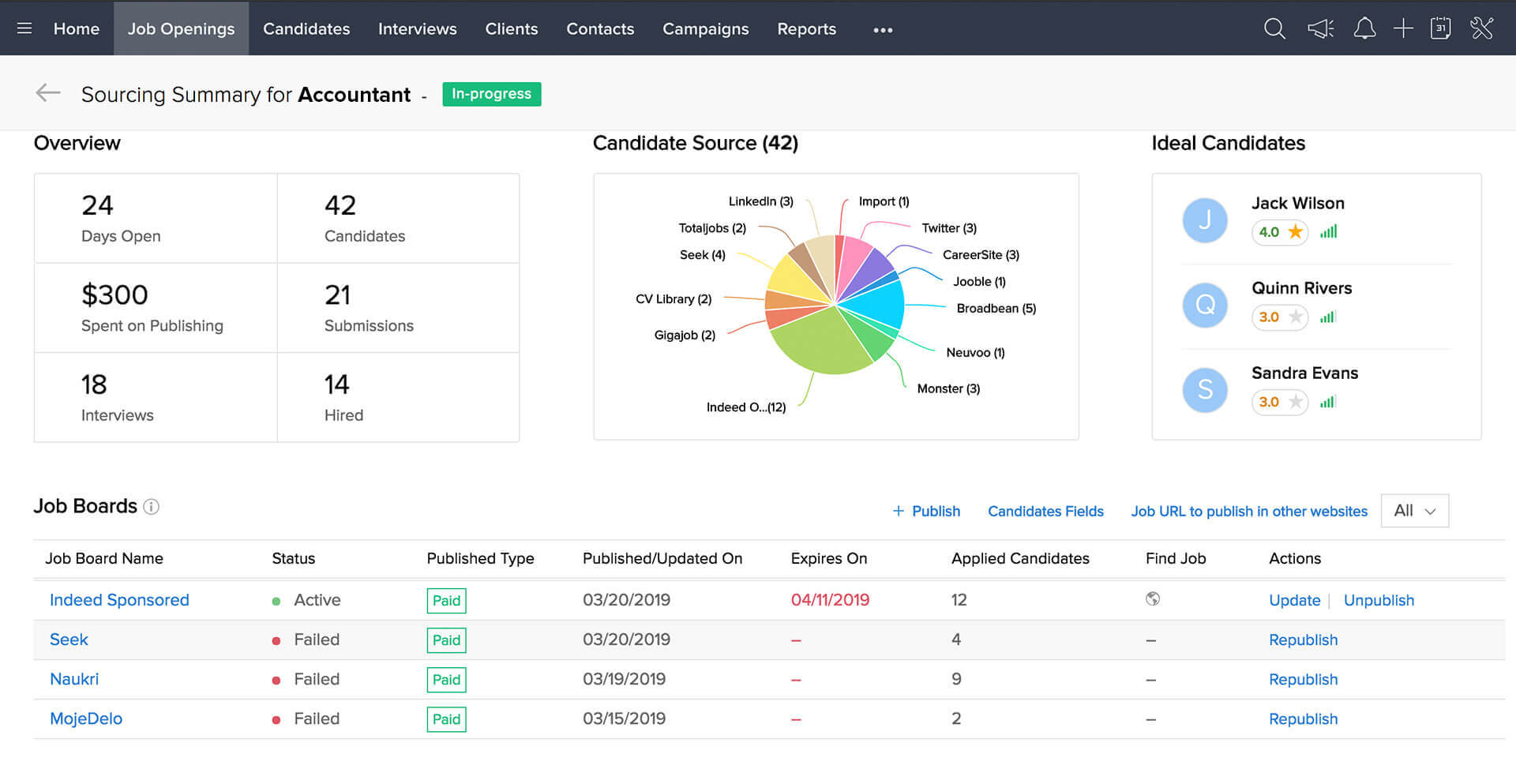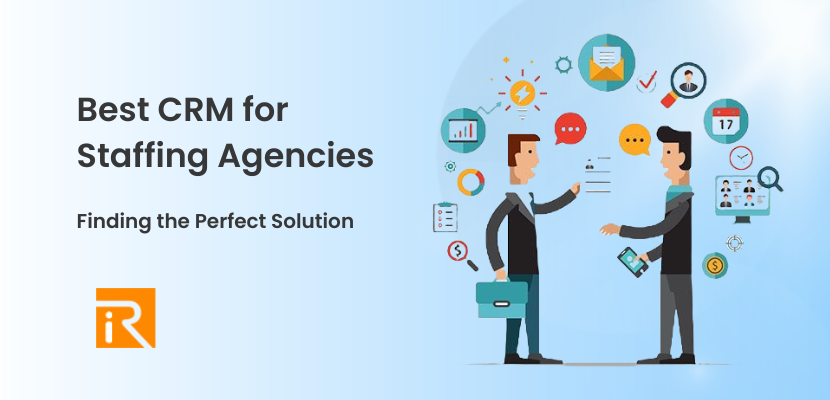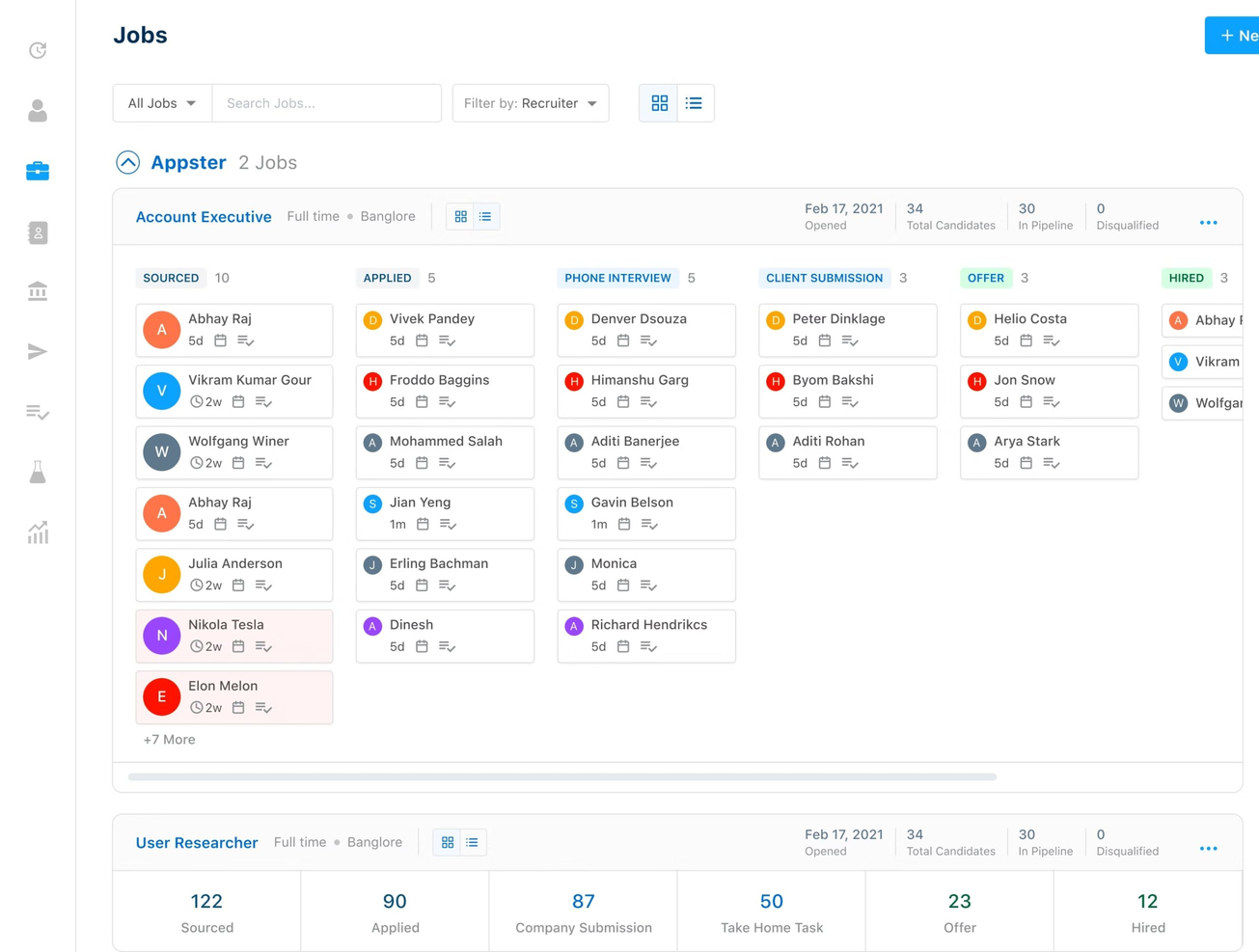In the dynamic realm of staffing, CRM for staffing has emerged as an indispensable tool, empowering agencies to streamline processes, enhance candidate management, and amplify efficiency. By embracing the capabilities of a specialized CRM system, staffing agencies can automate tasks, foster seamless communication, and gain a competitive edge in the industry.
Delving into the intricacies of CRM for staffing, this comprehensive guide unravels the benefits, key features, and best practices associated with its implementation. Moreover, it presents compelling case studies and examples, showcasing the transformative impact CRM has had on staffing agencies worldwide.
Benefits of CRM for Staffing

Staffing agencies face unique challenges in managing candidate relationships, streamlining processes, and increasing efficiency. A CRM specifically designed for staffing can address these challenges and provide significant benefits.
CRM for staffing automates many tasks, freeing up recruiters to focus on building relationships and finding the best candidates. It also provides a centralized platform for managing candidate data, tracking interactions, and monitoring progress.
Improved Candidate Management
- Centralized candidate database with detailed profiles
- Automated candidate screening and matching
- Real-time tracking of candidate progress through the hiring process
- Customizable candidate pipelines to manage different stages of the hiring process
Streamlined Processes
- Automated job posting and distribution
- Centralized communication platform for candidates and clients
- Integration with other HR systems, such as payroll and benefits
- Mobile access for recruiters to manage candidates on the go
Increased Efficiency
- Reduced time spent on manual tasks
- Improved communication and collaboration among recruiters
- Increased candidate satisfaction through better communication and faster response times
- Enhanced data analysis and reporting for improved decision-making
Features to Look for in a CRM for Staffing
Staffing agencies need a CRM system that can help them manage their candidates and jobs effectively. When choosing a CRM, it’s important to look for features that will meet the specific needs of your agency. Some of the key features to look for include:
- Candidate management: The CRM should allow you to track all of your candidates, including their contact information, skills, and availability. It should also allow you to create and manage candidate pools, so you can easily find the right candidates for your jobs.
- Job matching: The CRM should have robust job matching capabilities that can help you find the best candidates for your jobs. It should allow you to search for candidates by skills, experience, and location. It should also allow you to create and manage job boards, so you can attract the best candidates.
- Reporting capabilities: The CRM should provide you with detailed reports on your candidates and jobs. These reports can help you track your progress and identify areas for improvement. They can also help you make informed decisions about your staffing strategy.
Integration with other systems
It’s also important to consider the CRM’s ability to integrate with other systems, such as applicant tracking systems (ATS). This will allow you to streamline your workflow and improve your efficiency. For example, you may want to integrate your CRM with your ATS so that you can automatically import candidate data into your CRM.
Best Practices for Implementing a CRM for Staffing

To ensure a successful CRM implementation in a staffing agency, meticulous planning, thorough training, and continuous support are paramount. Additionally, customizing the CRM to align with the agency’s unique requirements is crucial.
Planning
- Establish clear goals and objectives for the CRM implementation.
- Identify key stakeholders and involve them in the planning process.
- Conduct a thorough needs assessment to determine the specific requirements of the agency.
- Create a detailed implementation plan outlining timelines, responsibilities, and resources.
Training
Comprehensive training is essential to ensure that all users are proficient in using the CRM effectively.
- Provide training tailored to different user roles and responsibilities.
- Use a combination of classroom training, hands-on exercises, and online resources.
- Offer ongoing support and training to address user questions and enhance proficiency.
Customization
Configuring the CRM to meet the specific needs of the staffing agency is crucial for maximizing its effectiveness.
- Create custom fields and workflows to streamline processes.
- Integrate the CRM with other systems used by the agency, such as applicant tracking systems (ATS) and payroll.
- Tailor reporting capabilities to provide insights into key metrics and trends.
Case Studies and Examples: Crm For Staffing
Several staffing agencies have successfully implemented CRM systems to enhance their operations and drive business growth. Here are a few notable case studies and examples:
One staffing agency, specializing in healthcare placements, implemented a CRM system to streamline their candidate management process. The system enabled them to track candidate applications, schedule interviews, and manage placements efficiently. As a result, they experienced a 25% increase in candidate placements and a 15% reduction in time spent on administrative tasks.
Example 2
Another staffing agency, focused on IT placements, implemented a CRM system to improve their client relationship management. The system provided them with a centralized platform to track client interactions, manage contracts, and provide personalized services. This resulted in a 20% increase in client retention and a 10% growth in revenue.
Example 3, Crm for staffing
A large staffing agency implemented a CRM system to enhance their overall operations. The system integrated with their existing HR and payroll systems, enabling them to streamline their processes and improve data accuracy. As a result, they achieved a 15% reduction in operating costs and a 10% increase in employee productivity.
Final Wrap-Up

As we conclude our exploration of CRM for staffing, it becomes evident that this technology has revolutionized the recruitment landscape. By harnessing the power of CRM, staffing agencies can optimize their operations, cultivate stronger candidate relationships, and propel their businesses towards unprecedented growth.
Embracing CRM is not merely a choice but a strategic investment that empowers agencies to navigate the ever-evolving staffing industry with confidence and success.
FAQ Corner
What are the primary benefits of using CRM for staffing?
CRM for staffing offers a multitude of benefits, including streamlined processes, enhanced candidate management, improved communication, and increased efficiency.
What are the key features to look for in a CRM for staffing?
Essential features include candidate management, job matching, reporting capabilities, and integration with other systems such as ATS.
How can staffing agencies successfully implement a CRM system?
Successful implementation requires careful planning, comprehensive training, and ongoing support, ensuring the CRM aligns with the agency’s specific needs.